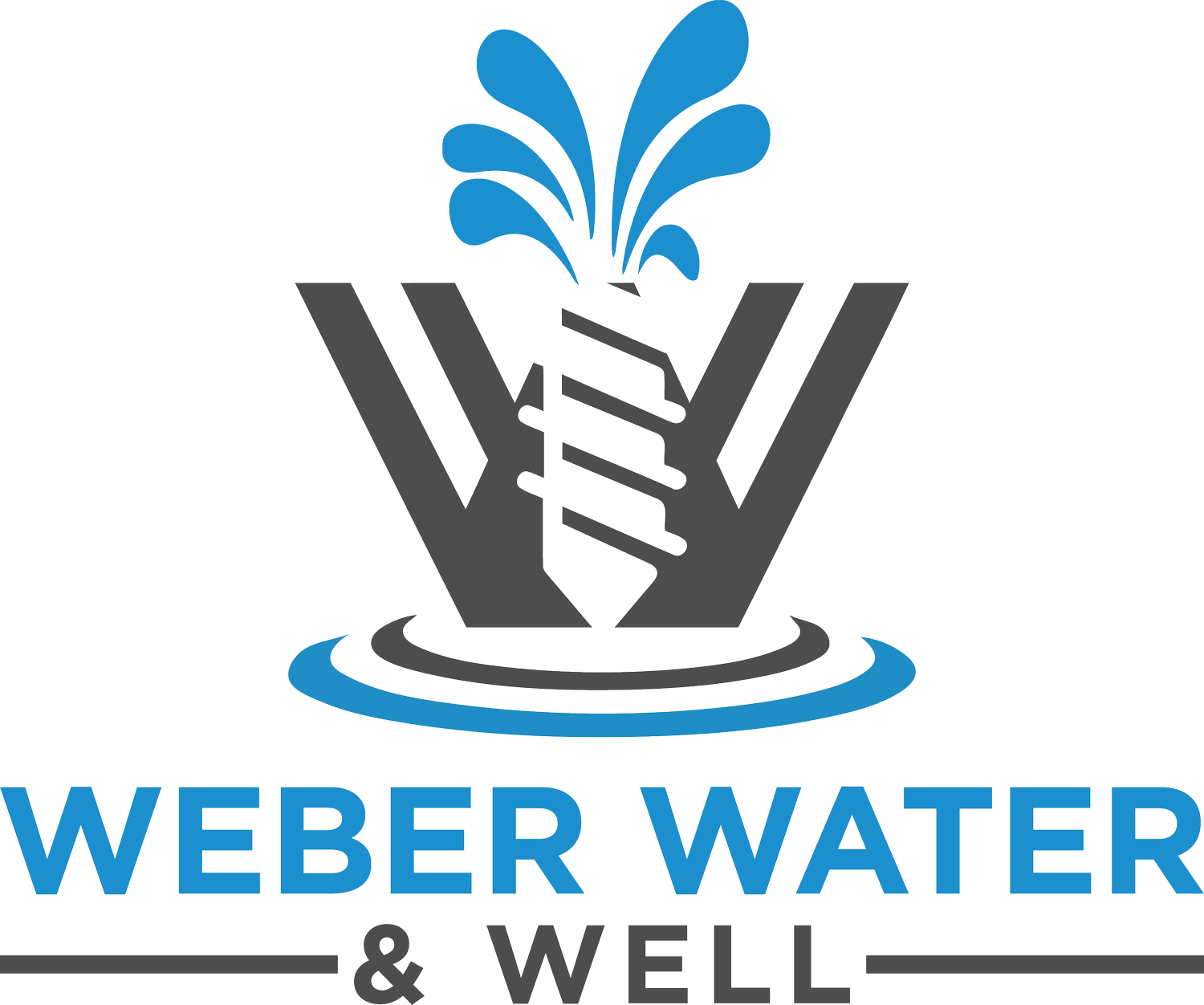Integrating Water Filtration Systems into Your Well Water Solution
Understanding the Importance of Water Filtration Systems
Water filtration systems play a crucial role in ensuring that the water from your well is safe and clean for consumption. These systems are designed to remove impurities, contaminants, and sediments, providing you with high-quality water right at your fingertips. By integrating water filtration systems into your well water solution, you take proactive steps towards safeguarding your family's health and well-being.
One of the key benefits of water filtration systems is the elimination of harmful substances such as lead, chlorine, bacteria, and pesticides that may be present in well water. These systems act as a barrier, ensuring that only pure, clean water flows through your taps. This not only enhances the taste of your water but also protects you from potential health hazards.
Moreover, water filtration systems help in reducing the environmental impact of disposable plastic water bottles. By having access to filtered water in your home, you can significantly cut down on single-use plastics, contributing positively to the environment. Embracing these systems is not only beneficial for you but also for the planet.
In addition to health and environmental benefits, water filtration systems offer convenience. You no longer need to rely on store-bought bottled water or cumbersome jugs for clean drinking water. With a filtration system integrated into your well water setup, you have a continuous supply of purified water whenever you need it, right from the comfort of your home.
The peace of mind that comes with knowing that your well water is filtered and safe for consumption is invaluable. Water filtration systems provide an added layer of protection, ensuring that you and your loved ones have access to clean and healthy water every day. Making them a part of your well water solution is a smart and responsible choice.
Assessing Your Well Water Quality
Before selecting a water filtration system for your well, it's essential to assess the quality of your well water. This involves testing it for various contaminants and impurities that may be present. Understanding the specific pollutants in your water will help you choose a filtration system that can efficiently address those concerns.
Common issues found in well water include excess minerals like iron and manganese, which can cause staining, unpleasant odors, and taste in the water. Additionally, bacteria, nitrates, and pesticides are common contaminants that may require specific filtration methods for removal. By conducting a thorough water test, you can tailor your filtration system to suit your well water's unique composition.
Regular water testing is crucial, as the quality of well water can change over time due to various factors such as environmental influences, agricultural practices, and natural geological processes. By staying proactive and vigilant about your water quality, you ensure that your filtration system continues to provide optimal performance in safeguarding your water supply.
In some cases, well water may be perfectly safe for general use but may still benefit from filtration for improved taste and overall quality. Understanding the nuances of your well water quality allows you to make informed decisions about the type of filtration system that best suits your needs. This personalized approach helps in maximizing the effectiveness of your water treatment solution.
By taking the time to assess your well water quality comprehensively, you pave the way for a tailored filtration system that not only meets but exceeds your expectations. Investing in the right filtration technology based on your water analysis ensures that you have a reliable and efficient solution in place to provide you with clean, fresh water for years to come.
Choosing the Right Water Filtration System for Your Well
Selecting the appropriate water filtration system for your well involves considering various factors such as the water quality, flow rate, contaminants present, and your specific needs and preferences. With a myriad of filtration options available in the market, choosing the right system can seem overwhelming, but with the proper guidance, you can make an informed decision.
The two main types of water filtration systems for wells are point-of-entry (POE) and point-of-use (POU) systems. POE systems treat all the water entering your home, while POU systems target specific faucets or appliances. Understanding the differences between these systems and their respective advantages is crucial in determining which one aligns best with your requirements.
Factors like the size of your household, your daily water consumption, and the specific contaminants present in your well water play a significant role in choosing the right filtration system. Additionally, assessing the maintenance requirements, installation complexity, and long-term costs of the system are essential considerations to ensure a seamless integration into your well water setup.
It's advisable to consult with water treatment professionals or well water experts to get personalized recommendations based on your well water analysis. Their expertise can help you navigate through the various filtration technologies available, from activated carbon filters to reverse osmosis systems, and determine which one offers the most effective solution for your well water.
Ultimately, the goal is to select a water filtration system that not only meets your immediate needs but also provides long-term benefits by delivering safe, clean water reliably. By choosing the right system tailored to your well water quality and usage patterns, you make a significant investment in the health and well-being of your family while ensuring the longevity of your well water system.
Installation Process and Maintenance Tips
Once you've chosen the ideal water filtration system for your well, the next step involves the installation process. Depending on the type of system selected, installation can range from straightforward to more complex. It's advisable to hire a professional installer with experience in well water systems to ensure that the filtration system is set up correctly and functions optimally.
Proper maintenance of your water filtration system is essential to ensure its longevity and efficiency. Regularly changing filters, monitoring system performance, and scheduling periodic servicing are key practices to uphold. Following the manufacturer's guidelines for maintenance and seeking professional assistance when needed are vital steps in preserving the integrity of your filtration system.
In addition to routine maintenance, being vigilant about any changes in water quality or system performance is important. Any unusual tastes, odors, or discoloration in your water should prompt a thorough inspection of the filtration system. Timely troubleshooting and addressing issues can prevent more significant problems and ensure that your well water continues to meet the desired quality standards.
Educating yourself on the proper maintenance procedures and troubleshooting common issues can go a long way in extending the lifespan of your filtration system. Regularly checking for leaks, monitoring water pressure, and keeping track of filter replacement schedules are simple yet effective ways to keep your system in optimal working condition. Remember, proactive maintenance is key to enjoying clean, healthy water consistently.
By investing time and effort in the installation and upkeep of your water filtration system, you guarantee the consistent delivery of safe and pure water to your household. Following recommended maintenance tips, staying proactive about system performance, and addressing any concerns promptly are essential practices that contribute to the long-term efficiency and reliability of your well water filtration system.
Comparing Different Water Filtration Technologies
When exploring various water filtration technologies for your well, it's essential to compare their effectiveness, maintenance requirements, efficiency, and initial costs. Each filtration technology, whether it's activated carbon, sediment filters, UV disinfection, or reverse osmosis, offers unique benefits and addresses specific contaminants differently.
Activated carbon filters are excellent for removing chlorine, volatile organic compounds (VOCs), and unpleasant tastes or odors from water. Sediment filters are effective in trapping sand, silt, and rust particles, ensuring that your water is clear and free from visible impurities. UV disinfection systems use ultraviolet light to deactivate harmful bacteria and viruses, providing an additional layer of protection.
Reverse osmosis systems are known for their comprehensive filtration capabilities, removing a wide range of contaminants including lead, arsenic, fluoride, and dissolved solids. While they are highly efficient, they may produce wastewater and require regular maintenance. Understanding the pros and cons of each technology enables you to make an informed decision based on your well water quality and requirements.
The choice of filtration technology ultimately depends on your specific well water concerns and preferences. Considering factors like water usage patterns, space availability for system installation, and long-term maintenance costs can guide you towards selecting the most suitable filtration technology for your well. By comparing different technologies, you can find a system that offers the best balance of performance and efficiency.
Consulting with water treatment experts or conducting thorough research on various filtration technologies can provide valuable insights into their suitability for your well water. Evaluating factors such as filter lifespan, water wastage, energy consumption, and contaminant removal capabilities helps in making a well-informed decision that aligns with your well water treatment goals and budget.
Enhancing Your Well Water System with Filtration Add-Ons
Complementing your existing well water system with filtration add-ons can further enhance the quality and performance of your water treatment setup. Filtration add-ons like water softeners, iron filters, and pH balancers target specific water issues, providing customized solutions for improved water quality.
Water softeners are beneficial in areas where hard water is a concern, as they remove excess minerals like calcium and magnesium that cause scale buildup on fixtures and appliances. By incorporating a water softener into your well water system, you can protect your plumbing and extend the lifespan of water-using appliances.
Iron filters are essential for wells with high iron content, as they prevent staining on sinks, tubs, and laundry caused by iron particles in the water. These filters trap iron particles and other impurities, ensuring that your water remains clear and free from discoloration. Installing an iron filter as an add-on to your filtration system can significantly improve the aesthetic quality of your well water.
pH balancers are useful for adjusting the acidity or alkalinity of your well water to achieve a balanced pH level. By maintaining the correct pH, you can prevent corrosion in pipes, improve soap lathering, and enhance the overall taste of your water. Incorporating a pH balancer into your filtration system ensures that your well water is not only clean but also pleasant to use and consume.
By integrating filtration add-ons tailored to your specific well water challenges, you create a comprehensive water treatment system that addresses multiple concerns simultaneously. These add-ons work in conjunction with your primary filtration system, offering targeted solutions to enhance the overall quality, taste, and safety of your well water. Enhancing your well water system with filtration add-ons is a proactive step towards achieving optimal water quality.


